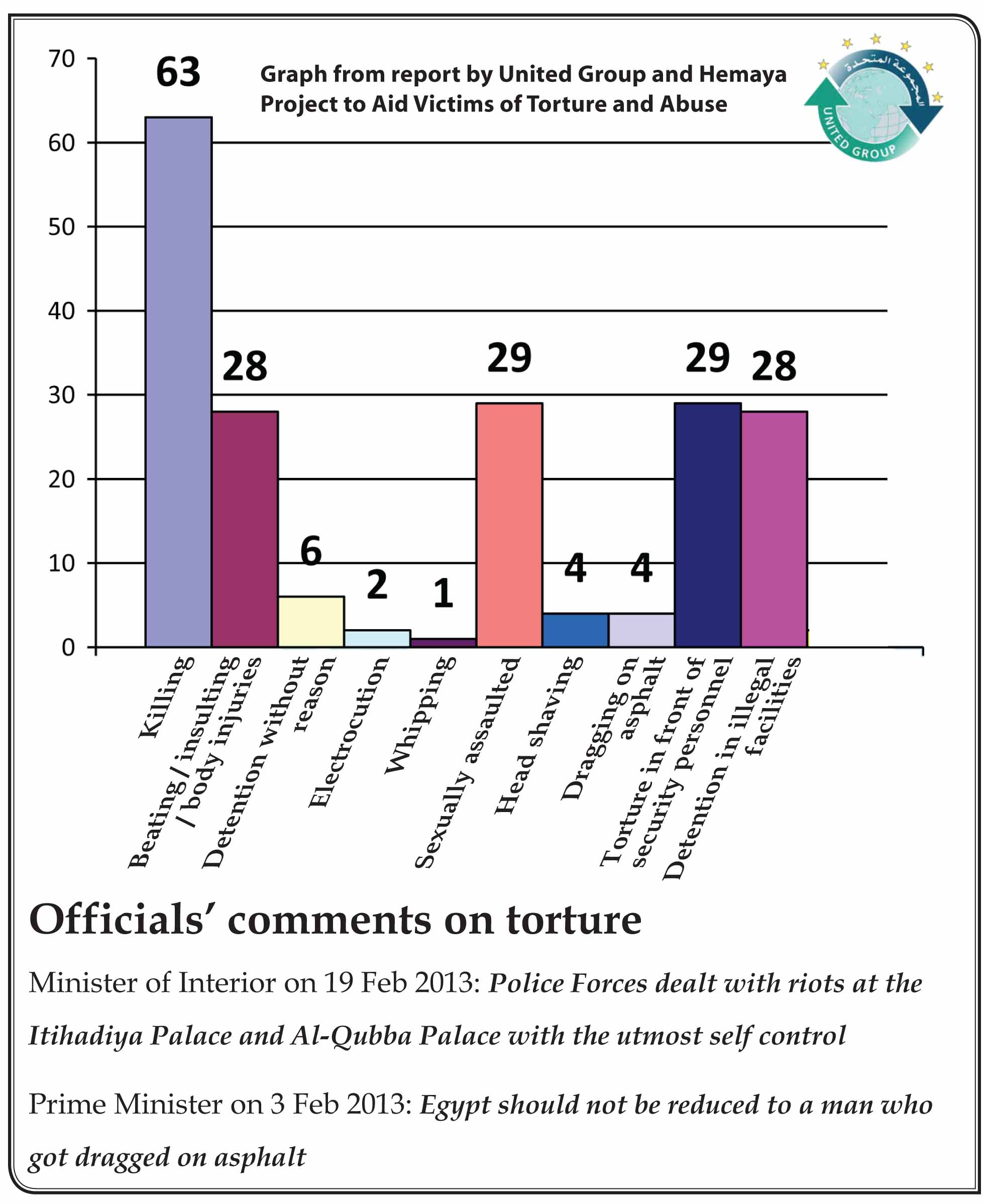By Reem Abdellatif
CAIRO: Corruption remains omnipresent in state institutions more than a year after a popular uprising calling for change and social justice, a report said, noting that filed complaints are extremely low.
In partnership with the United Nations Global Compact and the Siemens Integrity Initiative, the Egyptian Junior Business Association (EJB) held discussions on Tuesday on the role of private companies in fighting corruption in Egypt.
In the presence of several members of parliament, business officials from the private and public, as well as civil society groups, EJB presented their studies on the impact of corruption on business in the country.
“One of the reasons that the Jan. 25 Revolution [happened] was wide-spread corruption; private companies faced an unbelievable amount of corruption from public sector,” said Omar Sabbour, chairman of the EJB.
EJB’s study found that whether paying for licensing, registration or documentation, businesses and citizens are often forced to bribe employees in state institutions due to poor oversight and monitoring.
“Anyone who is thinking about the future of Egypt now must put tackling corruption as the first and foremost issue on their mind,” Sabbour stressed while addressing members of parliament and professionals of various industries in Egypt.
The EJB task force in partnership with the UN and Siemens launched the initiative, which began studying the factors behind corruption in the private and public sector in December 2010, prior to last year’s Jan. 25 uprising.
Despite the uprising, which was sparked by widespread corruption that made its way through almost every public or private institution in Egypt, the problem is still omnipresent, according to Mohamed B. El Sawy, head of the anti-corruption task force at EJB.
As the country continues to deal with an economic and political crisis, Egyptians will also have to focus on fighting corruption, he said.
“There have been several political forces in power who tried to [influence] the credibility and transparency of our studies on the issue of corruption in the country,” El Sawy said.
The EJB has been trying to also investigate corruption within the private sector as well.
EJB’s task force found that several business officials as well as civilians fail to file complaints regarding corruption or bribery because they fear consequences on their businesses and reputations.
“Businesses also don’t file complaints because very few people receive a response from the government or police officials,” said El-Sawy.
Therefore, the law must be changed.
“There is no law in Egypt that protects witnesses or those who file complaints against corruption or human rights issues. Many of those who file these complaints end up being hurt for doing the right thing,” said Ghada Moussa, director of the governance center at the ministry of state for administrative development.
Not only must laws be changed, but also there must be substantial monitoring and oversight within all public institutions, including colleges and universities.
“We must have internal monitoring in every ministry in the country and there must be cooperation, but instead, often times we found that ministries make conflicting decisions,” said Mohamed Mohieldin, head of steering committee of EJB and one of the panelists.
However, despite the effort of EJB’s initiative, not all private sector companies are in favor of the anti-corruption movement.
“Not all the private sector has been supporting this initiative; some are benefiting from corruption,” said Ghada Darwish, EJB board member. “We must implement penalties for those involved in corruption.”

